British American Tobacco: the Chair’s address (JSE: BTI)
It’s useful to assess the narrative here
As is standard procedure at British American Tobacco (BAT), the focus is on the transformation of the business. If ever you wanted to see a goldmine for ESG consultants, look no further than BAT. The corporate imagery will make you feel like you’re reading about a group that builds schools in Africa, not one that produces a way for people to hurt themselves.
A version of this argument can be made for the liquor companies as well. At the end of the day, it comes down to personal preferences in terms of what you will or won’t invest in.
At BAT, the New Category business is where the company scores brownie points. Supposedly healthier than cigarettes, these vape and associated products are big on ESG progress and low on profitability – the goal is for this segment to be profitable in 2024.
Make no mistake: the core business is tobacco. The rest is only 15% of revenue, with a goal to grow from 22.5 million customers of “non-combustible products” to 50 million customers by 2030.
That core business is a cash cow of note, which is why people buy shares in BAT. Adjusted operating margin improved by 150 basis points in the 2022 financial year and there was a 100% operating cash conversion rate. 100%! This is how the company managed to return £6.9 billion to shareholders in the form of dividends and buybacks.
Smoking isn’t exactly a fast-growing hobby (thankfully), so the company needs to drive growth in earnings by becoming more efficient. In the coming year, the goal is to increase diluted EPS by mid-single digits on a constant currency basis. Over the next few years, the strategic focus is on reducing the number of regional structures and business units, creating a lower cost base.
Thus far in the 2023 financial year, the US market has been problematic. The premium segment in that country has been under pressure and BAT has had internal inventory issues with the implementation of the global SAP platform. The second half of the year is expected to be better than the first half.
Guidance for 2023 has been reaffirmed, which would’ve been the comment from the Chairman that drove a 3.7% increase in the share price.
Exemplar REITail grows earnings (JSE: EXP)
As the too-cute name suggests, this is a retail property fund
There is practically no liquidity in Exemplar REITail, so there isn’t much you can do with this trading statement other than add it to your knowledge base on the current performance of local property.
This makes it useful for anyone with a position in retail property, as the fund has indicated growth in its distribution per share of between 15.6% and 20.0% for the year ended February 2023.
The fund owns retail properties in townships and rural areas, so this is different exposure to what you might get from the likes of Hyprop.
Glencore needs to get a new dating app (JSE: GLN)
Yet another attempt has been made to seduce Teck shareholders
Flowers. Chocolates. A cash payout for the fossil fuels side of the business. Glencore has tried it all, yet the board of Teck Resources in Canada just won’t go with Glencore to the dance.
In an act of defiance and desperation, Glencore has released an open letter to Teck shareholders. This is a bit like going to the parents of your desired date and asking them to talk some sense into their offspring.
This letter isn’t an improvement on the revised offer. Instead, it is designed to get shareholders to put pressure on the board to consider the Glencore proposal. To be fair to Glencore, there are elements of the proposal that shareholders in Teck should pay attention to.
For example, unlike the current restructuring proposal at Teck, the Glencore structure would achieve a full separation of “CoalCo” and offer a cash option in lieu of that exposure. There are also synergies (like in every deal ever – easier said than done) and there is the creation of a scaled “MetalsCo” – the transition metals business.
Here’s the interesting thing: if Teck shareholders vote down the current board proposal on 26 April, then Glencore is willing to make an offer directly to shareholders. That would be a full-on hostile takeover, or arranged marriage to keep our analogy going!
It’s also worth noting a comment from Glencore that the company is willing to improve the terms of the proposal, provided there is engagement with the Teck board.
I actually need to quote this paragraph verbatim, as this is the beauty of top corporate financiers operating at full flight:
Glencore is prepared to meet anytime and anywhere that is suitable for the Teck Board and/or its management team to explore our proposal. If the Proposed Teck Separation proceeds, the Glencore proposal cannot proceed and potential future offers for Teck Metals would likely look very different given the friction costs, the complexity of the two companies, the time delay involved and the impact of two new management teams and boards.
In addition to what I think is a rather brilliant letter, Glencore also released a presentation that you’ll find here if you are interested.
EasyEquities opens the door to 70 million Filipinos (JSE: PPE)
The ever-faithful Purple Group investors rewarded the company with a 3.9% gain
Purple Group has built the EasyEquities client base in several ways, with partnerships high on the priority list. When entering a new market, a partnership is practically a necessity. It’s just too hard and risky to start from zero.
Back in August 2022, the company gave the market an indication of a partnership in the Philippines. It’s taken a few months to get it across the line, with details now announced on SENS. The partner is GCash, the largest and fastest growing mobile wallet in the Philippines. Astonishingly, GCash has over 70 million active clients. That’s bigger than the population of South Africa!
The activation strategy is a fantasy investing game launching in June 2023, which will educate Filipinos on the US market – the area of focus in this partnership.
At this point, there’s no confirmation of when the real product will launch. The regulator in the Philippines is playing this carefully, which makes sense. It also means that if Purple Group can get this right, there’s an instant moat. It’s clearly not easy to enter this market based on the time taken thus far.
Raubex is making money everywhere – even Australia (JSE: RBX)
Full year HEPS will be much higher than in the previous year
Raubex is showing strong growth in the year ended February 2023, with HEPS expected to be between 25% and 35% higher. That’s a proper result in this environment.
There were a number of positive contributors. The decision to diversify into Australia is working out, which isn’t something you’ll hear often from South African corporates. The Australian business contributed 20% to group operating profit.
But the major contributor was the flagship project at the Beitbridge Border Post in Zimbabwe, a project that was awarded at the end of 2020.
In the Materials Handling and Mining division, it sounds like the Bauba Resources acquisition is going well. The turnaround strategy has been successful and additional working capital from Raubex has had a positive impact.
In the Roads and Earthworks business, Raubex has been awarded R2 billion in SANRAL contracts since October 2022 and the company is happy with the activity in tender awards.
Construction Materials suffered most from load shedding and inflationary pressures. This had a negative impact on margins, as one would expect. Ironically, the slow roll-out of IPP renewable energy projects has negatively impacted performance there as well. The group has shifted to concentrate on private renewable projects.
The share price increased by 5.4% off the back of this announcement.
TWK is proof of how cyclical fertiliser demand is (CTSE: 4ATWK)
Read that ticker carefully: TWK is listed on the Cape Town Stock Exchange and A2X, not the JSE
If you’ve been paying attention to your Ghost Mail mailers, you’ll know that TWK is due to appear on Unlock the Stock on 20th April. This will give investors great insight into the agriculture industry and particularly fertiliser, which is the part of the business that broke in the six months to 28 February 2023.
Group revenue from continuing operations increased by 7.6%, but EBITDA fell by 13.1%. Basic earnings per share fell by almost 21%.
The Timber segment wasn’t the problem child. Far from it, in fact, with revenue up 28.7% and EBITDA up 21.6%. There was some margin compression here, but strong demand from pulp manufacturers continued to drive growth in wood chip exports and local timber sales.
Retail and Mechanisation is a totally different story. Revenue fell by just 0.3%, yet EBITDA tanked by 72.6% to a margin of just 1.8%. That revenue number was driven by many sales of fertiliser below cost just to reduce stock levels, so gross margins fell over and load shedding didn’t help either. The fertiliser market is affected by many global factors, so this is a risky and cyclical game.
The Financial Services segment grew revenue by 27.3% and EBITDA by 35.8%. It’s very unusual to use EBITDA as a measure in financial services, but this is primarily an insurance business rather than a lending business.
The Grain segment increased revenue by a lovely 57.9%. It didn’t help much, with EBITDA down by 48.2% under immense cost pressure.
The Motors segment saw a drop in revenue of 36.1%. EBITDA fell by 70.1% in a year that this segment will want to forget. The floods at the Toyota manufacturing facility were a major contributor to stock shortages and poor performance.
In Zeder’s results, you need to read carefully (JSE: ZED)
The drop in NAV per share isn’t nearly as bad as it looks
Zeder is an investment holding company, so net asset value (NAV) per share is the right measure. It has dropped by 44.2% in the year ended February 2023, but there are good reasons for this. The company has been on a value unlocking journey, so it has deliberately made itself smaller.
For example, the unbundling of the stake in KAL Group (previously Kaap Agri) contributed a drop of R1.03 per share. There was also a special dividend of R1.03 per share. Guess what? The drop in NAV per share was R2.06, so this explains the entire decrease.
This also means that the rest of the business didn’t grow, which obviously isn’t good. There seems to be significant uncertainty, with supply chain and load shedding considerations. A dividend has not been declared for this period.
Zeder is engaging with third parties regarding the remaining portfolio investments.
Little bites:
- Director dealings:
- A director of a subsidiary of MTN (JSE: MTN) has sold shares worth over R5.2m.
- Directors of Old Mutual (JSE: OMU) collectively bought shares worth nearly R2.1m.
- An associate of a director of Ascendis Health (JSE: ASC) has bought shares worth R203k.
- Weirdly, a director of Dis-Chem (JSE: DCP) bought shares worth R10k without clearance. Finger trouble?
- Chrometco (JSE: CMO) is in business rescue and the business rescue plan was published a few weeks ago. The meeting of creditors was due to take place on 18th April, but the Industrial Development Corporation (the largest creditor) proposed an adjournment to consider the plan in more detail. The meeting was adjourned to 16th May.




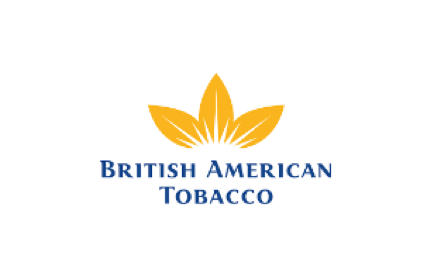
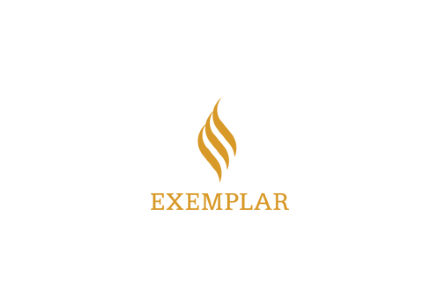
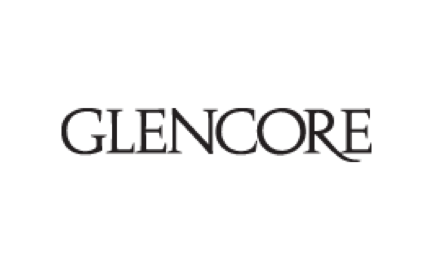
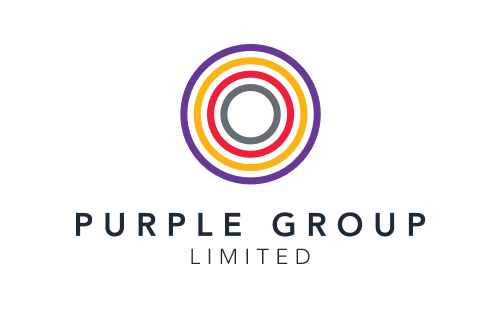
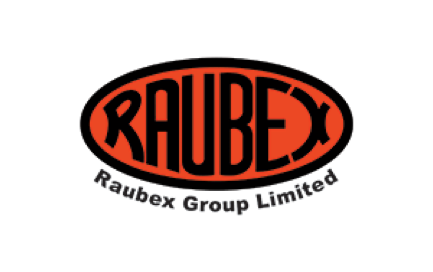
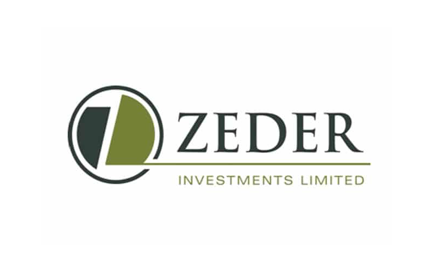
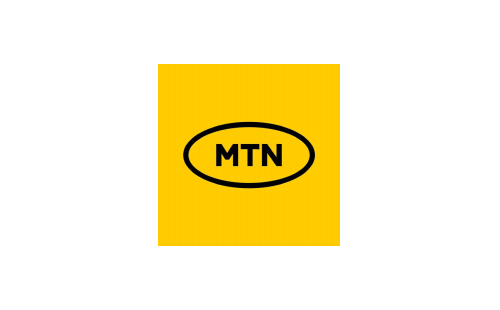
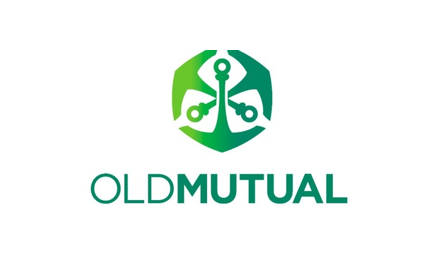
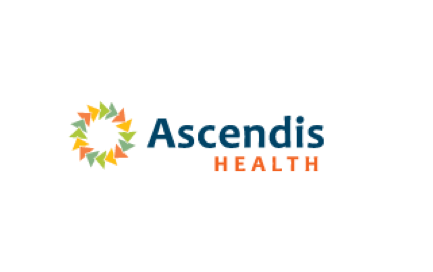
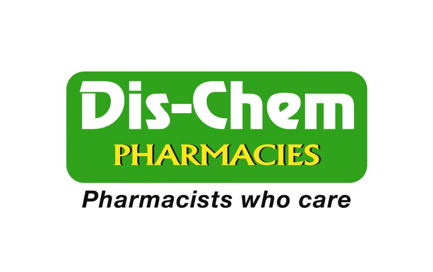


I absolutely enjoyed your analogy on the Glencore and Teck Resources proposal hahaha.